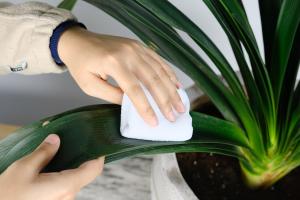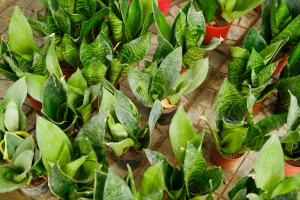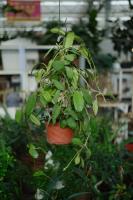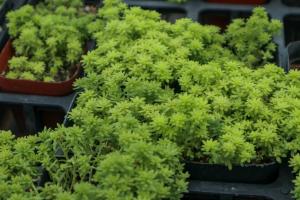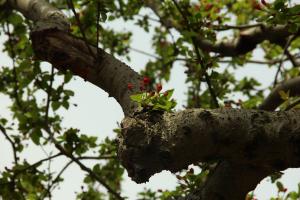Introduction
Money trees, also known as Pachira aquatica, are sturdy and low-maintenance plants that are easy to grow. However, like any other houseplant, they require a little bit of attention to thrive. Unfortunately, one of the most common problems that money tree owners face is root rot, which is a fungal disease that can cause the plant's roots to decompose and eventually die. In this article, we will discuss how to repot a money tree plant after root rot.
Symptoms of Root Rot
The first step in repotting a money tree plant after root rot is to identify the symptoms of the disease. Root rot can cause the leaves to turn yellow or brown, and they may start to wilt or droop. Additionally, the soil may smell musty or moldy, and you may see black or brown spots on the roots. If you notice any of these symptoms, you should immediately take action to save your plant.
Preparation
Before repotting your money tree plant, you will need to prepare the necessary materials. You will need a new pot, fresh potting soil, pruning shears, and a watering can. It's important to choose a pot that is only slightly larger than the current pot so that the plant doesn't have too much extra space. You will also need to inspect the roots to determine the extent of the damage.
Repotting
Once you have everything you need, it's time to start repotting your money tree plant after root rot. First, carefully remove the plant from its current pot and gently loosen the soil around the roots. Then, use pruning shears to trim off any brown or black roots. Be sure to cut each root cleanly and avoid tearing or bruising the healthy ones.
Next, fill the new pot with fresh, well-draining potting soil, leaving enough room for the plant's roots. Then, carefully place the plant in the new pot, making sure that the roots are spread out evenly. Finally, backfill the pot with more soil, being careful not to bury the stem too deeply.
Aftercare
After repotting your money tree plant, it's important to give it some extra care and attention to help it recover from the root rot. Water the plant thoroughly and then let the soil dry out slightly before watering again. Avoid overwatering the plant, as this can make the roots susceptible to disease.
Additionally, make sure that the plant is getting enough light. Money trees thrive in bright, indirect light, so place your plant near a sunny window.
Conclusion
Repotting a money tree plant after root rot can seem daunting, but with a few simple steps, you can save your plant and help it thrive. By identifying the symptoms of root rot, preparing the necessary materials, and following the repotting process, you can ensure that your money tree plant stays healthy and beautiful for years to come. Remember to give your plant some extra love and attention after repotting to help it recover from the stress of the procedure.

 how many times do yo...
how many times do yo... how many planted tre...
how many planted tre... how many pine trees ...
how many pine trees ... how many pecan trees...
how many pecan trees... how many plants comp...
how many plants comp... how many plants can ...
how many plants can ... how many plants and ...
how many plants and ... how many pepper plan...
how many pepper plan...
